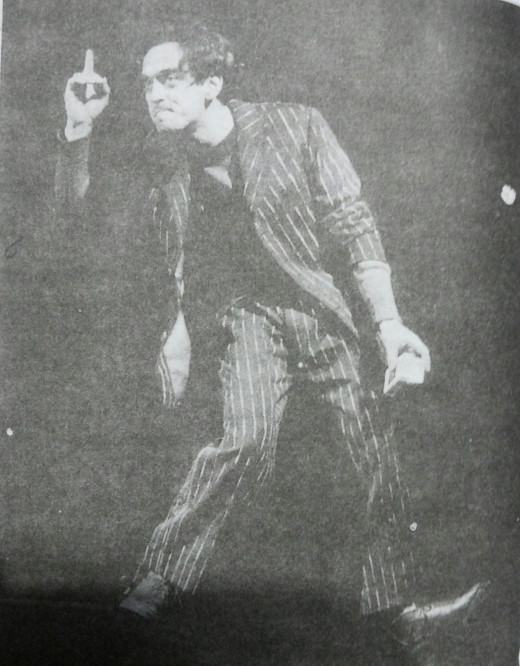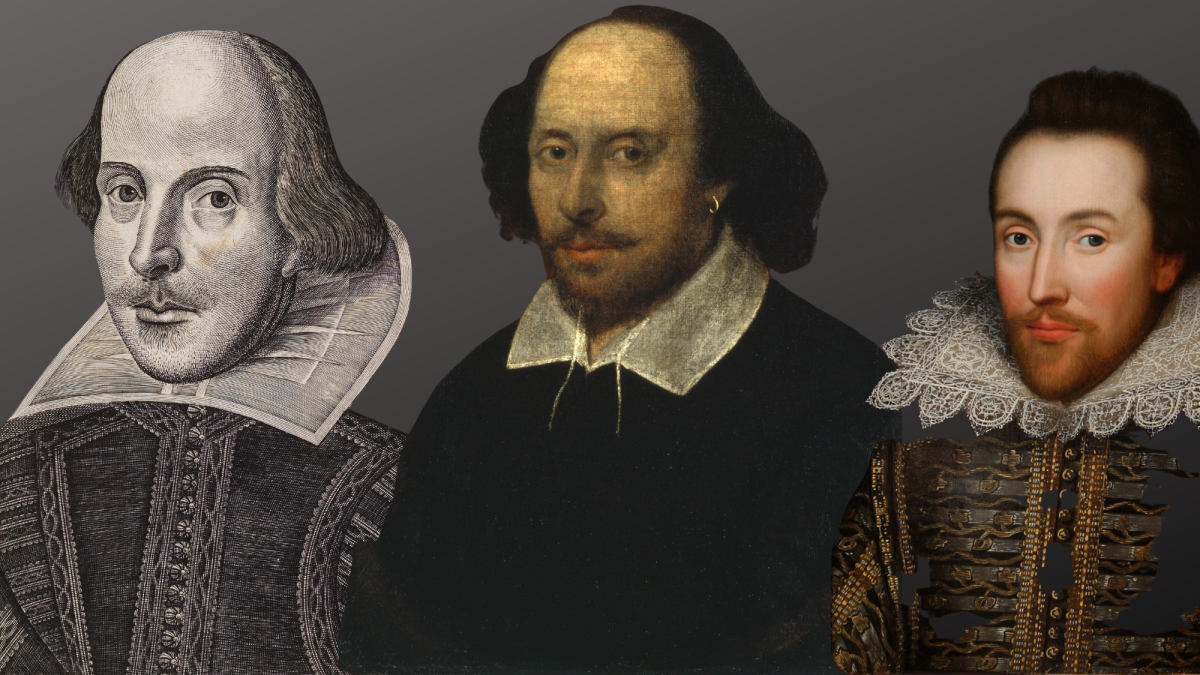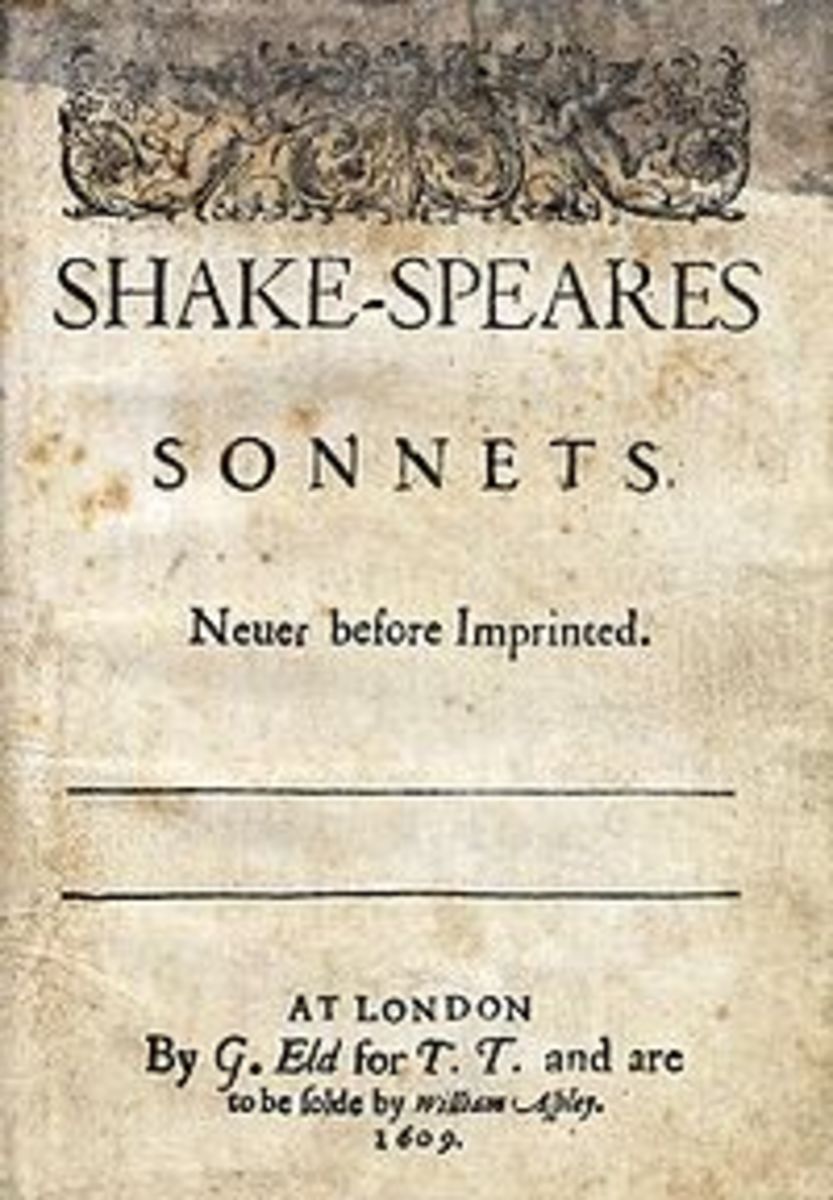- HubPages»
- Books, Literature, and Writing»
- Literature»
- English Literature
The Significance of Porter Scene
Act 2 Scene 3 of the Shakespearean tragedy ‘Macbeth’ starts with the soliloquy of a drunken porter assuming to be the gatekeeper of hell.
The porter scene is a comic interlude filled with ironic references. One of the many purposes served by this scene is that it fills the time gap while Macbeth and Lady Macbeth go to change their clothes. It provides a comic relief and lightens the atmosphere after the foul murder. The scene highlights the guilt involved in murdering the king. Duncan had come to his trusted thane to show his appreciation of the latter’s bravery. Besides the king was in Macbeth’s castle in full trust of his host. Macbeth as a host should have protected his guest instead of murdering him.
Porter is a gatekeeper or attendant but in this Shakespearean tragedy, porter is the dramatist conscious of mind. Shakespeare has used porter to bring out his own views. The porter is the extension of the writer’s profile and he voices Shakespeare’s opinions. The porter acts as a moralizer and a commentator and brings out the vices and virtues of men. Even in the drunken state, the porter is very wisely able to bring out the evil tendencies present in man.
The scene draws an ironic parallel between actual hell and the castle of Macbeth which has now become a hell with the murder of a king. On one hand there is the porter’s drunken return to his normal routine after a night’s carousing and on the other Macbeth pretends to wake to his ordinary everyday reality after his known night of horror. Even more ironic is the fact that the porter’s whim of being keeper of hell-gate is truer than he realizes. The porter’s admission to hell of the equivocator is grimly ironic. Macbeth is the equivocator for he says words which he doesn't mean. He himself will be deceived by the witches whose equivocation he is to learn when he finds that his words have another meaning.
In the end, the scene helps us to reflect on the evil consequences with help of some contemporary events. First, there is a farmer who in the hope for an excessive profit hanged himself. Then there knocks an equivocator who swore wrongly and an English tailor by trying to steal cloth that had been ordered by his French host. Just as their greed paved their way to hell, Macbeth can be compared to them and we can say that he also has built his road to hell by being over ambitious.
The porter









